
Meeting ‘the herd’ by Jess Isden
June 22, 2015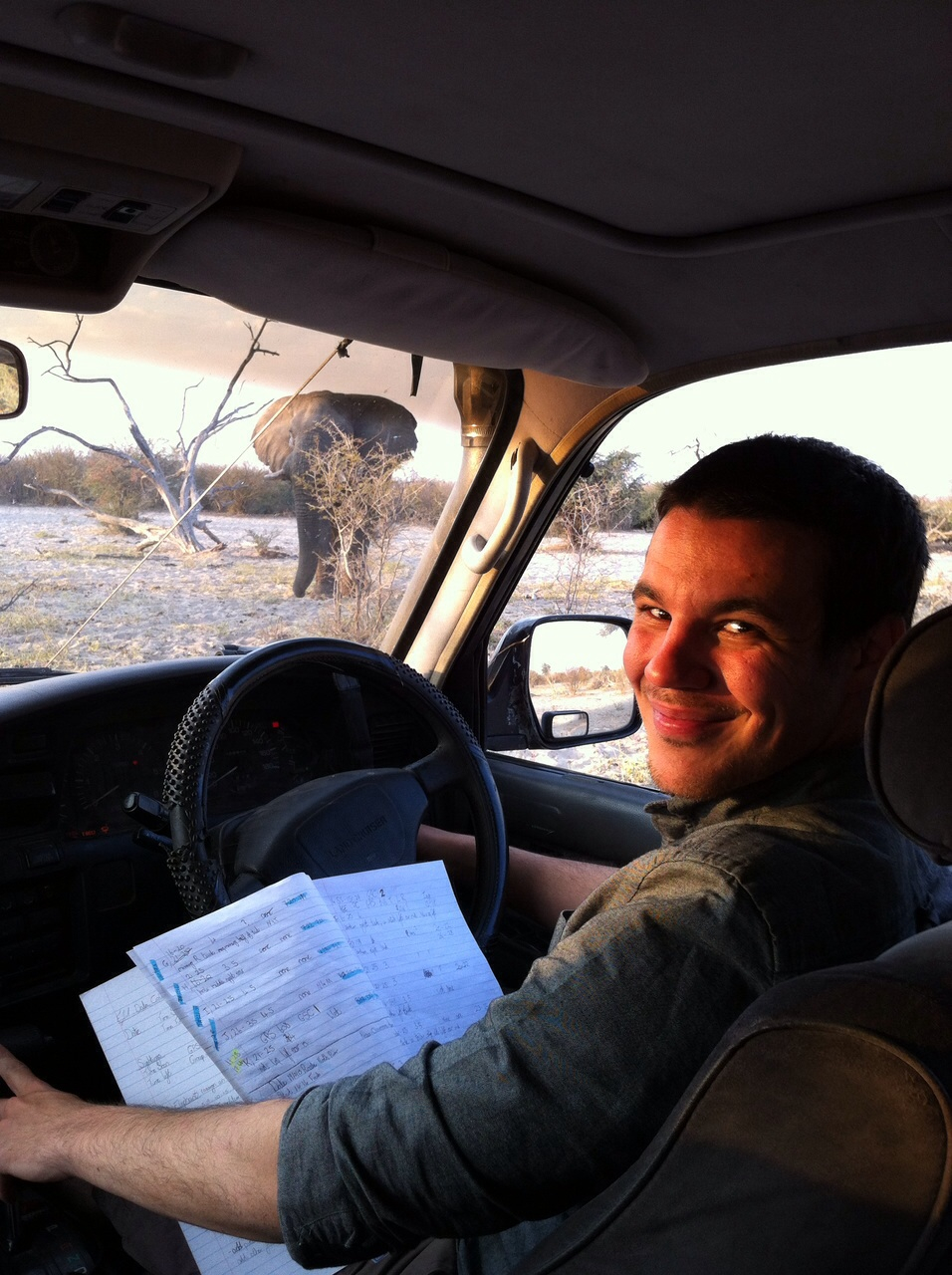
Habitat with Humanity by Aaron Kerr
August 11, 2015Travel & Arrival in Camp by Helen Shaw
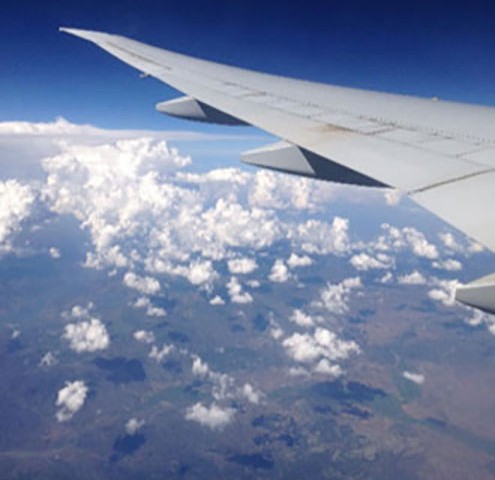
Elephants for Africa have recently welcomed two longterm volunteer research assistants onto the team and they will be updating you on their time with us from time to time. First off is Helen Shaw.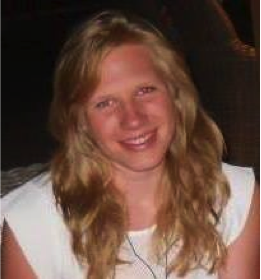
The roller coaster of the last six months, as I waited anxiously if I had been selected and then awaiting permits and finally sorting out everything, has led to this final morning before leaving for Botswana, the country which will be my new home for the next 12 months. Waking before the sun lifts its head above the horizon, I check my bags and prepare myself to leave for the airport and the 30 hours of travelling which awaits me. Feeling a nervous excitement I set off for the airport, 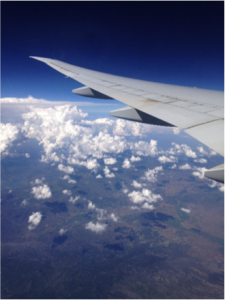 bringing me one step closer to arriving in Botswana.
bringing me one step closer to arriving in Botswana.
I travelled to Maun via Dubai and Johannesburg. My plane landed in arrived at OR Tambo Johannesburg airport at 0500 before the sun had risen, I was able to sit in a
lovely café which had huge glass windows and watch the sunrise with a coffee and a croissant as the planes landed and took flight. Several hours later I met Aaron, the other volunteer research assistant who was starting work with Elephants for Africa (EfA); however we were soon disappointed by our final connecting flight being delayed. We had to change planes three times due to technical problems. Finally we were in the air, with a BBC documentary crew sharing our flight, and were landing in Maun, Botswana before we knew it.
We were greeted off the plane by Jess, the EfA project manager, who took us to The Old Bridge Backpackers Lodge where we would be staying for the night and to meet the rest of the EfA team. We were greeted with big similes and a warm welcome by all. After having a lovely warm shower under the stars, which I was informed will be a rare treat as we only have a cold shower in camp, and had a delicious dinner, I began to get to know the team. It was an excellent welcome to the new country which I will be calling home for the next year.
After some supply runs the following day we were soon in the Research Land Cruiser and on our way into camp which is based within the Makgadikgadi Pans National Park, near to the village of Khumaga. To get into the Park we had to cross the Boteti River on a small ferry. The river is now too deep and too wide to just drive across, and will continue to spread and deepen as water filters down from the Okavango Delta.
The water cycle here is unique, and the largest inland water cycle in the world. The cycle of the river flow is in reverse to what one would expect to find. The rains fall in the mountains of Angola in their wet season and then travels down into the Okavango Delta in Botswana. By the time the water reaches the Boteti River, Botswana is in its dry season (winter). This means that the river is full in the dry season and near empty in the wet season; a bizarre concept for a Brit to get their head around.
The Makgadikgadi Pans National Park is a beautiful, picturesque place. Despite being based in the middle of the national park, the unfenced camp is more established than I was expecting. There is an office 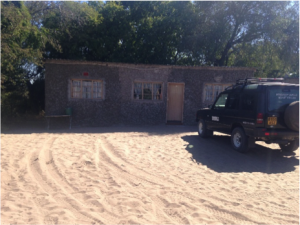 and kitchen building with a storage area. However there is no running water in this building, all water is collected from an outdoor tap which provides water pumped up from a bore hole deep underground. A fire place, hammock and tables can be found out back overlooking the slope down to the river. A bathroom block is part way between this building and the tents where we sleep and have some private space. Vervet monkeys run through camp, getting up to mischief; I have been told that other wildlife passes through camp as it is unfenced, so we have to be careful.
and kitchen building with a storage area. However there is no running water in this building, all water is collected from an outdoor tap which provides water pumped up from a bore hole deep underground. A fire place, hammock and tables can be found out back overlooking the slope down to the river. A bathroom block is part way between this building and the tents where we sleep and have some private space. Vervet monkeys run through camp, getting up to mischief; I have been told that other wildlife passes through camp as it is unfenced, so we have to be careful.
I am soon settled in, unpacked and relaxing with the team. It has been a tiring couple of days, but I am now here and ready to begin a jam-packed, fun-filled, hard-working year in these wonderful surroundings.
